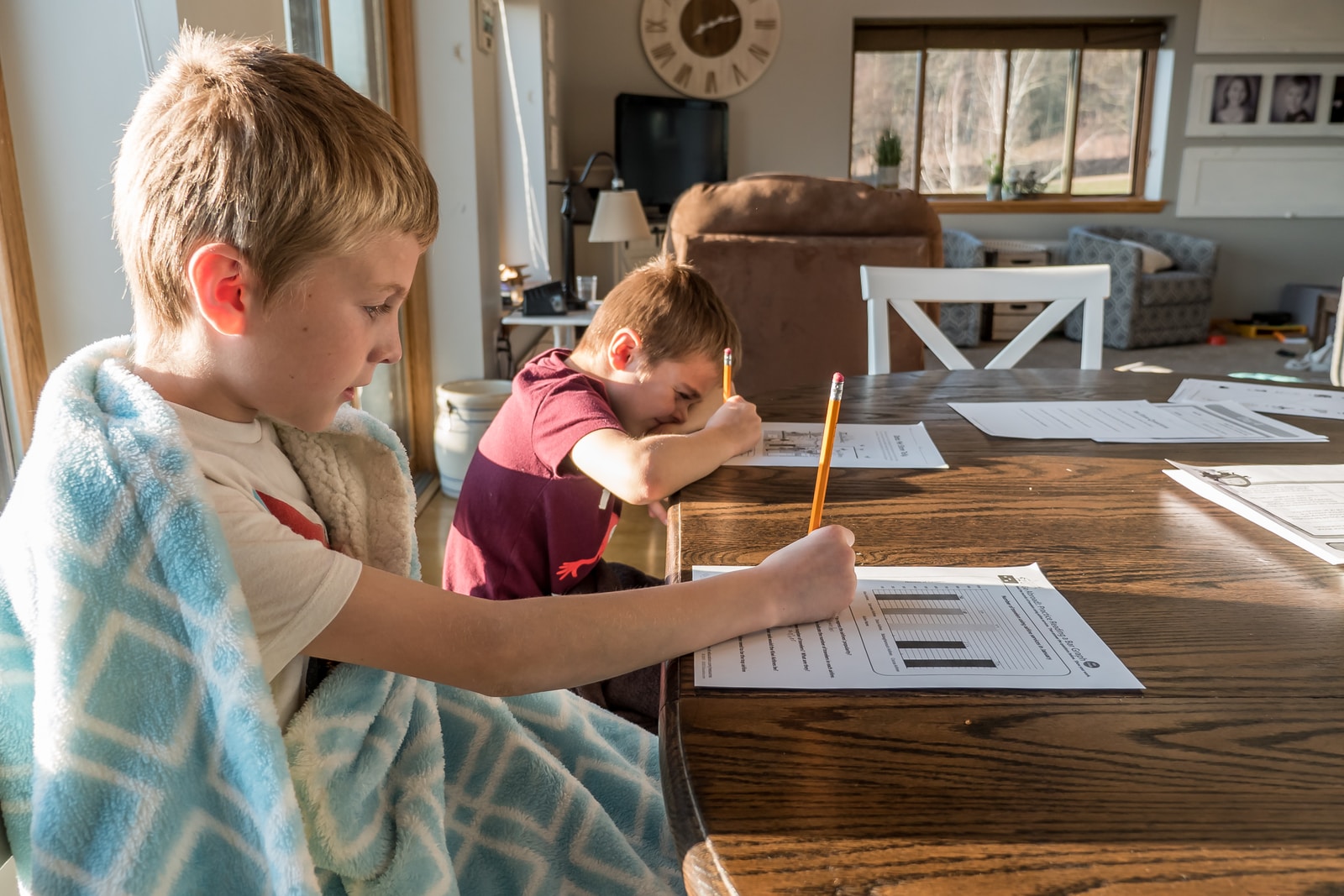We are currently witnesses to a daily barrage of traumatic news from around the world and from closer to home. We are all witnessing stories of war, natural disasters, the pandemic and a range of other distressing images and stories each day.
Between the constant stream of information through news, social media, other kids and from adult conversations, your children are probably more aware of what’s going on than you realise.
This saturation of news and events can be distressing, especially for our children no matter their age. With Digital media all around us it can seem impossible to shield children completely from upsetting news, so it is super important for you to check in and have conversations with your children about how they are feeling and what is going on.
How to talk about traumatic news with your child – Tips for younger children
- Limit their exposure. Be aware of what your children are watching or hearing. You might be surprised at how much they actually pick up and what they are thinking.
- Be aware of their viewpoint. Young children can have difficulty with time, space and perspective. They may see something on the news, happening on the other side of the world, and think it is happening right outside their home right now.
- Reassure them they are safe. The information you give them should focus on letting them know they are safe. “It is a long way away and we are safe here” or “We are/will be safe because ….”
- Give kids simple facts and contexts. Using language that is tailored to their age. You can let them know, what is happening, where, when it is happening so you can reassure them. If it is helpful show them how far away the place this is occurring is from where you live.
- Keep checking in. Regularly check in on how they are feeling because these fears and anxiety can resurface even after the situation has settled or gone away.
How to talk about traumatic news with your teenagers
- Check in on what they have seen or heard. Ask them what they are hearing or seeing? How are you feeling about this? Talk about their concerns.
- Help them to process information. Break down what you know – what is happening, where and when it is happening and why it is happening at a level that is suited to their age.
- You don’t have to have all the answers. It is okay for you to say, “I don’t know why this happening”. Sometimes there isn’t a useful answer to this question and bad things can just naturally happen.
- Encourage them to critically review what they are seeing or hearing. There can be a lot of misconceptions and misinformation mixed in with the facts through digital media. Helping your kids to identify reliable sources of information and how to identify sources of altered or false information, will help them navigate and question what they see and hear.
- Reassure them. Let them know you are there to talk about this at any time.
- Keep checking in. Regularly check in on how they are feeling. Distressing news or images can linger in the mind and anxiety can resurface even after the situation has settled.
If you or someone you know is struggling, there is support available. Call Lifeline 13 11 14, Beyond blue 1300 22 4636 or kids helpline 1800 55 180



